The Coalition has been right to oppose both Julia Gillard’s carbon tax and Kevin Rudd’s emissions trading scheme. But Tony Abbott and his team can’t effectively highlight the economic costs of climate mitigation if they remain carbon copies of Labor. Doubters should refer to Greg Hunt’s recent exchange with ABC journalist Latika Bourke, who pinned the shadow environment minister to the wall on the Opposition’s Direct Action policy.
‘The government is putting a price on carbon; you’re putting a price on carbon,’ Ms Bourke re-iterated, as the hapless Mr Hunt bravely attempted to draw a distinction where in reality none exists. Denying that he was putting a price on carbon, the shadow minister went on to explain how his plan is to purchase carbon. (Note to Mr Hunt: you can’t purchase something that doesn’t have a price.) This exercise in absurdist logic was only matched by his leader’s loopy now-you-see-it-now-you-don’t description of the mechanism behind an ETS, his much-derided ‘invisible substance’ soundbite.
Of course, if Mr Abbott meant to say that the ETS in Europe has involved scam merchants making squillions, then that’s what he should have said. After all, it is widely recognised that the European carbon market is a dishonest, socialist exercise and mafia con-job that Australian taxpayers must avoid. This should be the Opposition’s line of attack on Mr Rudd’s desire to drag us into this quagmire even earlier than was planned.
American critics of climate mitigation refer to ‘cap and trade’ — or emissions trading schemes — as ‘cap and tax’. Whichever way you choose to dress it up, there is no escaping the simple see-saw equation of pricing carbon emissions: if the price is high, you damage your economy for an intangible gain; if the price is low, all your efforts are in vain.
There is no prospect of a legally binding global agreement to replace the expired Kyoto protocol. Nor is there even the faintest hope that wind and solar energy offer any kind of serious solution. The sensible policy alternative to climate mitigation that all sides of politics advocate is to do what mankind has always done: adapt to whatever changes in temperature may arise in the future. This happens to be the view of Nigel Lawson, the former British Chancellor of the Exchequer and former editor of The Spectator, and one that will inevitably attract more interest in international policy circles.
Beyond adaptation, Lord Lawson suggests, a new policy response could involve the development of technologies to replace carbon-intensive power generation. That is a far better alternative to futile grand gestures, economically crippling policies and high-profile climate-change travelling circuses, especially when there is no global or policy consensus whatsoever. Over to you, Tony.
Whale watching
It didn’t take long. Old Kevin is back in full flight. Zipping around Queensland, Mr Rudd is splurging $2.5 million on ‘Beef Week’, and more than $5 million on increasing the size of a local sports stadium. His most intriguing scheme, however, designed to garner votes by throwing other people’s money at anything the kids will get excited about on Twitter, is straight out of the Pink Batts and Covered Outdoor Learning Areas manual. In a frenzy of excitement, surf lifesaving associations (surfing ‘rocks’!) in marginal seats have been encouraged to hurriedly apply for funds for ‘shovel-ready’ projects in time for the election.
In the true back-of-an-envelope style beloved of our impatient and hyperactive Prime Minister, the applications for such funds had to be put together within 72 hours and only needed to be one page long (tiresome details only ever get in the way when Kev’s in a hurry to do good things for people). Brand new clubhouses, training areas and, er, whale-watching platforms are all up for grabs, provided your beach isn’t in a Coalition seat, apparently. (Memo to whales: don’t bother frolicking off Sydney’s northern beaches — nobody will be able to see you.)
No doubt a whale-watching platform industry will spring up overnight, as unemployed Ford workers and ex-aluminium smelters rush out to take advantage of this mini stimulus package and the millions of dollars that will flow to those quick enough off the mark to capitalise on Labor’s, sorry, the government’s generosity.
But allow us to sound a cautionary note amid the euphoria. Platforms suitable for cetacean-gazing need to be of sufficient height to allow a decent view out to sea. No inexperienced teenage tradies, please — at least, not without proper safety training and equipment this time.
Got something to add? Join the discussion and comment below.
Get 10 issues for just $10
Subscribe to The Spectator Australia today for the next 10 magazine issues, plus full online access, for just $10.
You might disagree with half of it, but you’ll enjoy reading all of it. Try your first month for free, then just $2 a week for the remainder of your first year.


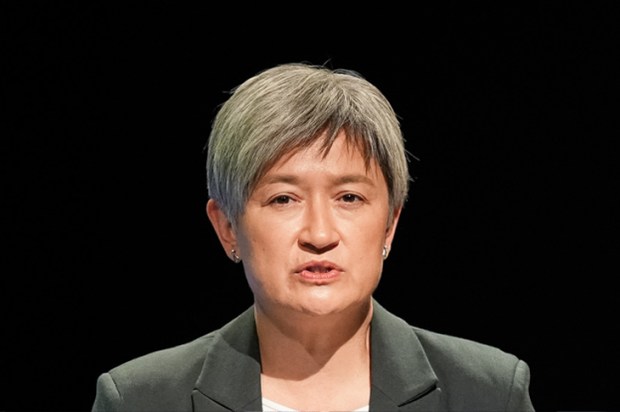
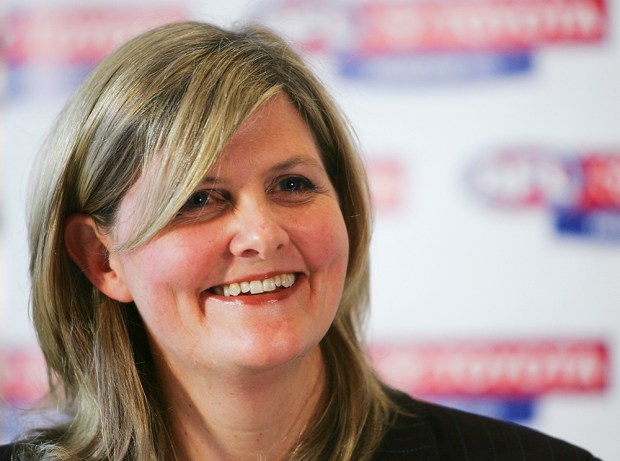
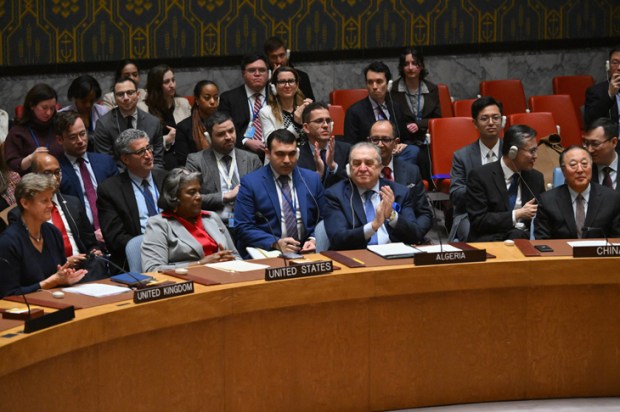
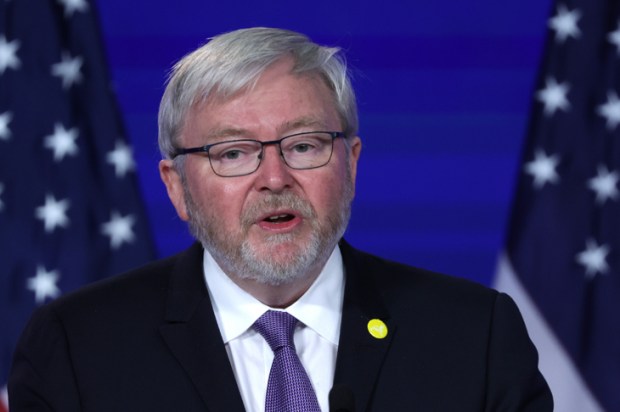
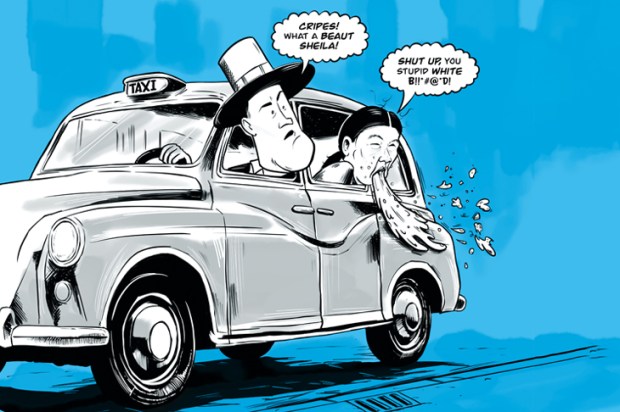
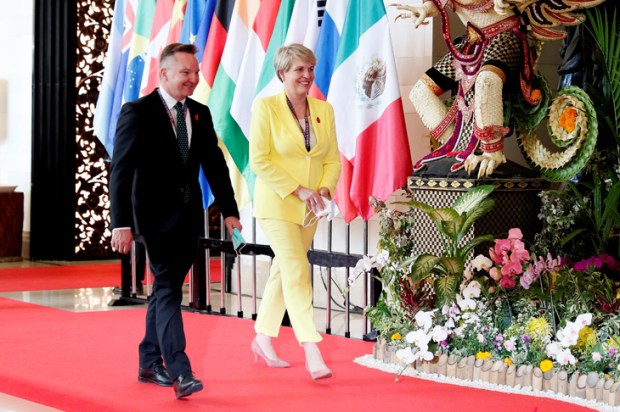






Comments
Don't miss out
Join the conversation with other Spectator Australia readers. Subscribe to leave a comment.
SUBSCRIBEAlready a subscriber? Log in